
DJ VanDeusen of WestRock speaks at the Resource Recycling Conference.
Some of the key recovered commodities generated by materials recovery facilities have been fetching high prices lately, including aluminum and fibers. But China’s import restrictions have introduced an element of the unknown in the market.


 California lawmakers have sent the governor a bill mandating that carpet stewards achieve a 24 percent recycling rate and discouraging the use of incineration. Meanwhile, carpet makers are sticking with their beleaguered stewardship group, instead of submitting alternative collection and recycling plans.
California lawmakers have sent the governor a bill mandating that carpet stewards achieve a 24 percent recycling rate and discouraging the use of incineration. Meanwhile, carpet makers are sticking with their beleaguered stewardship group, instead of submitting alternative collection and recycling plans.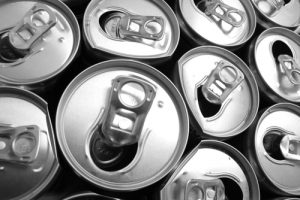 The world’s largest retailer underreported the number of containers it distributed over a three-year period in California, leading to $7.2 million in unpaid deposits to the state. The balance was paid in full late last year after it was revealed during an audit.
The world’s largest retailer underreported the number of containers it distributed over a three-year period in California, leading to $7.2 million in unpaid deposits to the state. The balance was paid in full late last year after it was revealed during an audit. The Massachusetts Institute of Technology found that 40 percent of municipalities included in a research set have programs aimed at diversion of food material. And those cities are not all in regions considered hotbeds of environmentalism.
The Massachusetts Institute of Technology found that 40 percent of municipalities included in a research set have programs aimed at diversion of food material. And those cities are not all in regions considered hotbeds of environmentalism.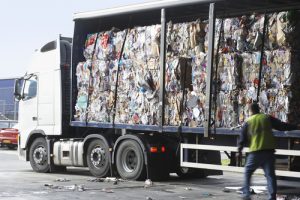 Chinese importers enter their fourth month without renewed import quotas, and ISRI says meeting a 0.3 percent contamination limit is impossible.
Chinese importers enter their fourth month without renewed import quotas, and ISRI says meeting a 0.3 percent contamination limit is impossible. A common complaint about China’s restriction on scrap materials imports is the lack of solid information about what exactly the upcoming ban will target. A Canadian plastics group is taking data-gathering into its own hands.
A common complaint about China’s restriction on scrap materials imports is the lack of solid information about what exactly the upcoming ban will target. A Canadian plastics group is taking data-gathering into its own hands.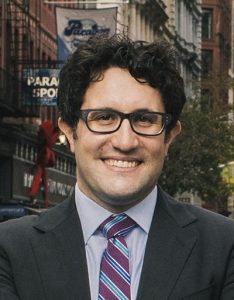
 Chinese authorities have released more specifics about which materials are likely to be affected by a proposed import ban on recovered materials. The action is expected to be implemented at the end of this year.
Chinese authorities have released more specifics about which materials are likely to be affected by a proposed import ban on recovered materials. The action is expected to be implemented at the end of this year.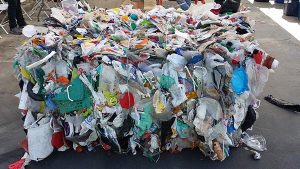
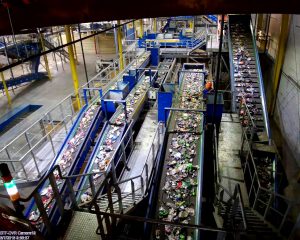 A joint-venture plastics recovery facility in Maryland will end operations in the coming days, citing challenges in the post-consumer plastics industry and pointing to a need to upgrade its equipment.
A joint-venture plastics recovery facility in Maryland will end operations in the coming days, citing challenges in the post-consumer plastics industry and pointing to a need to upgrade its equipment.